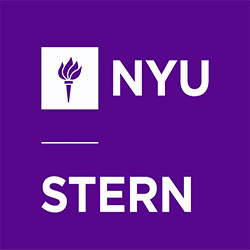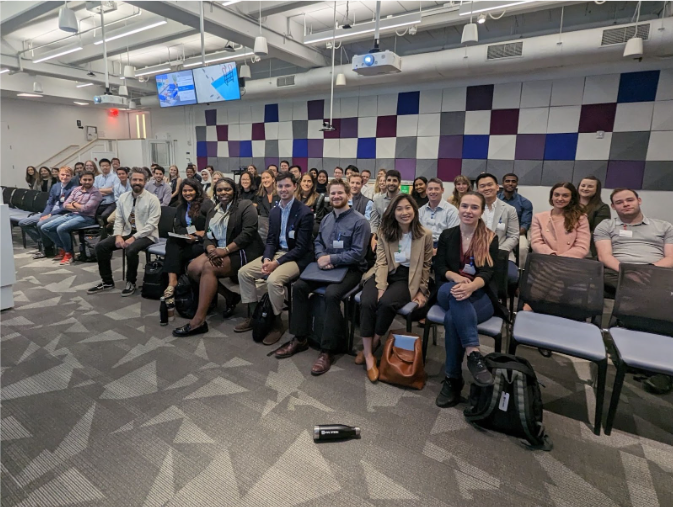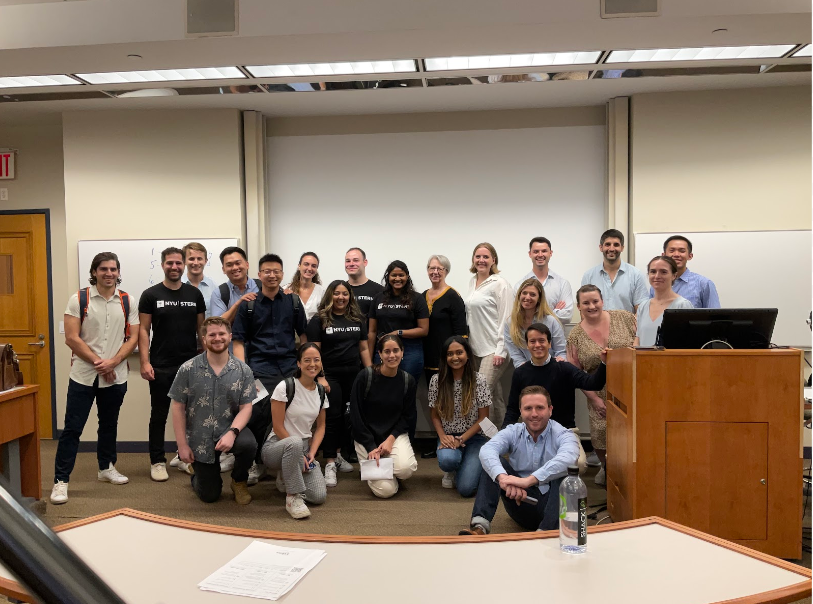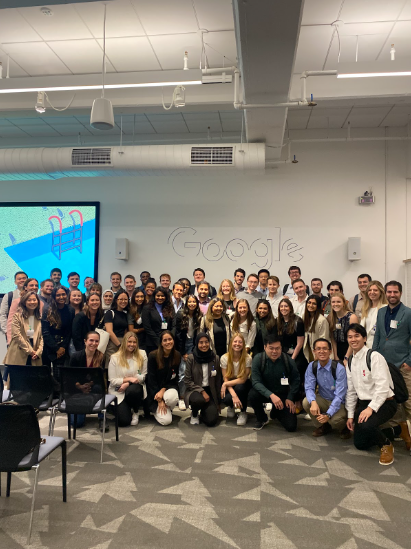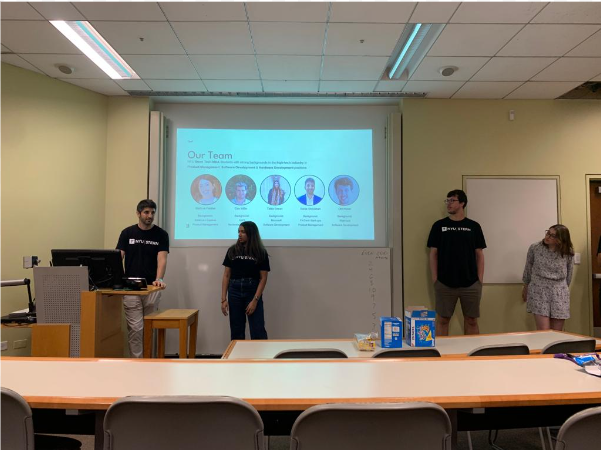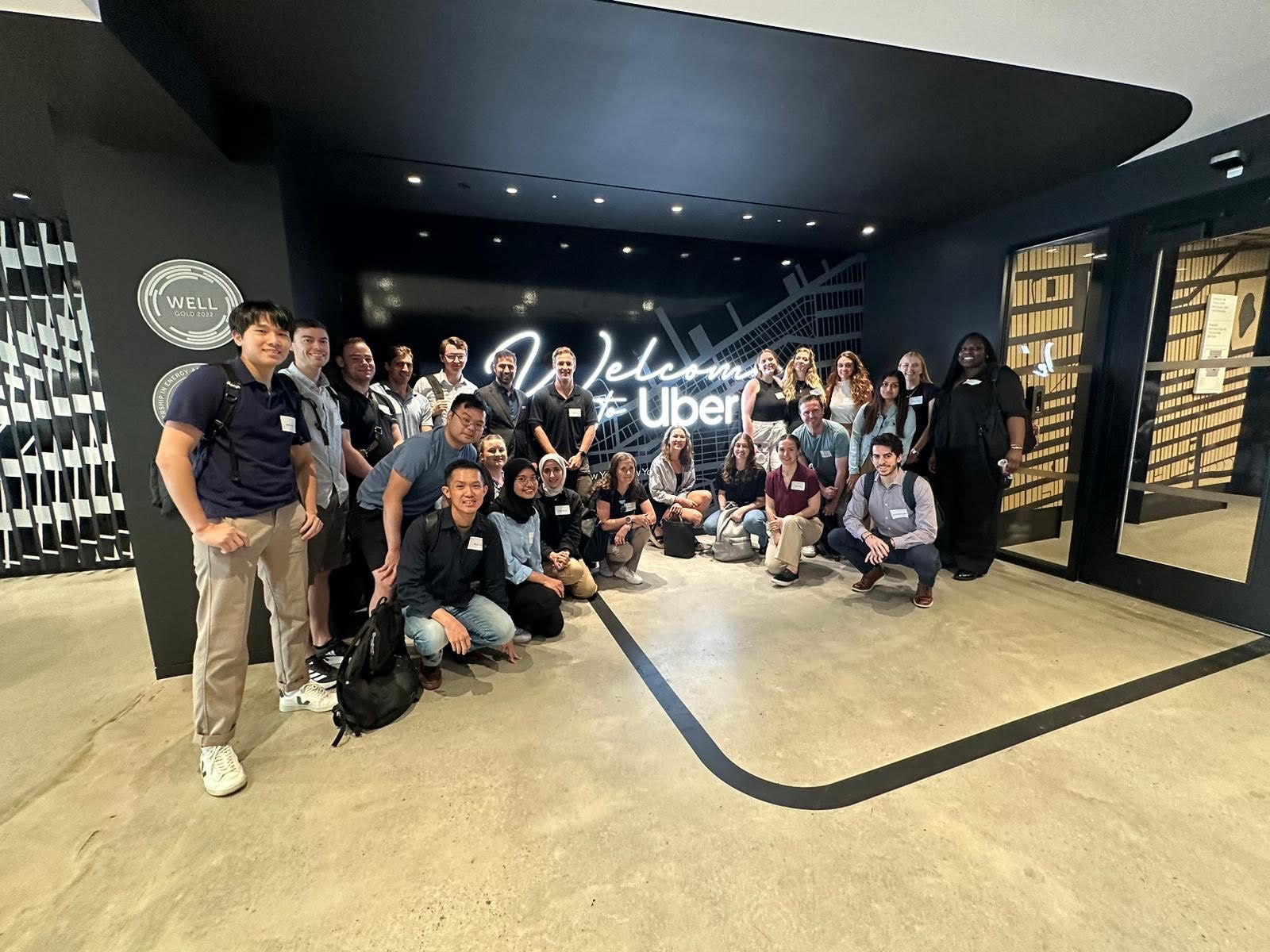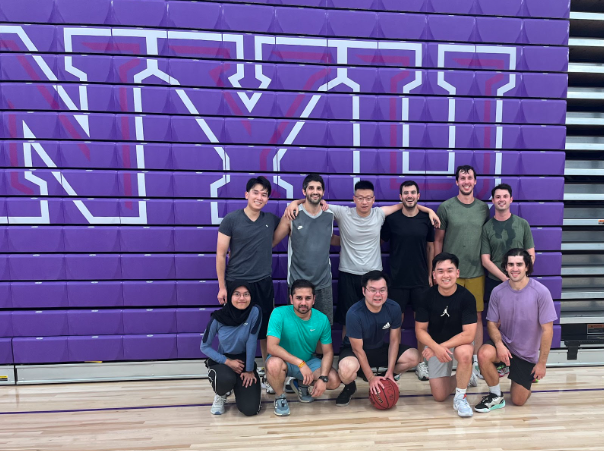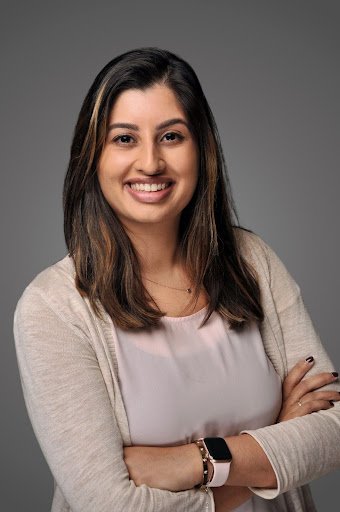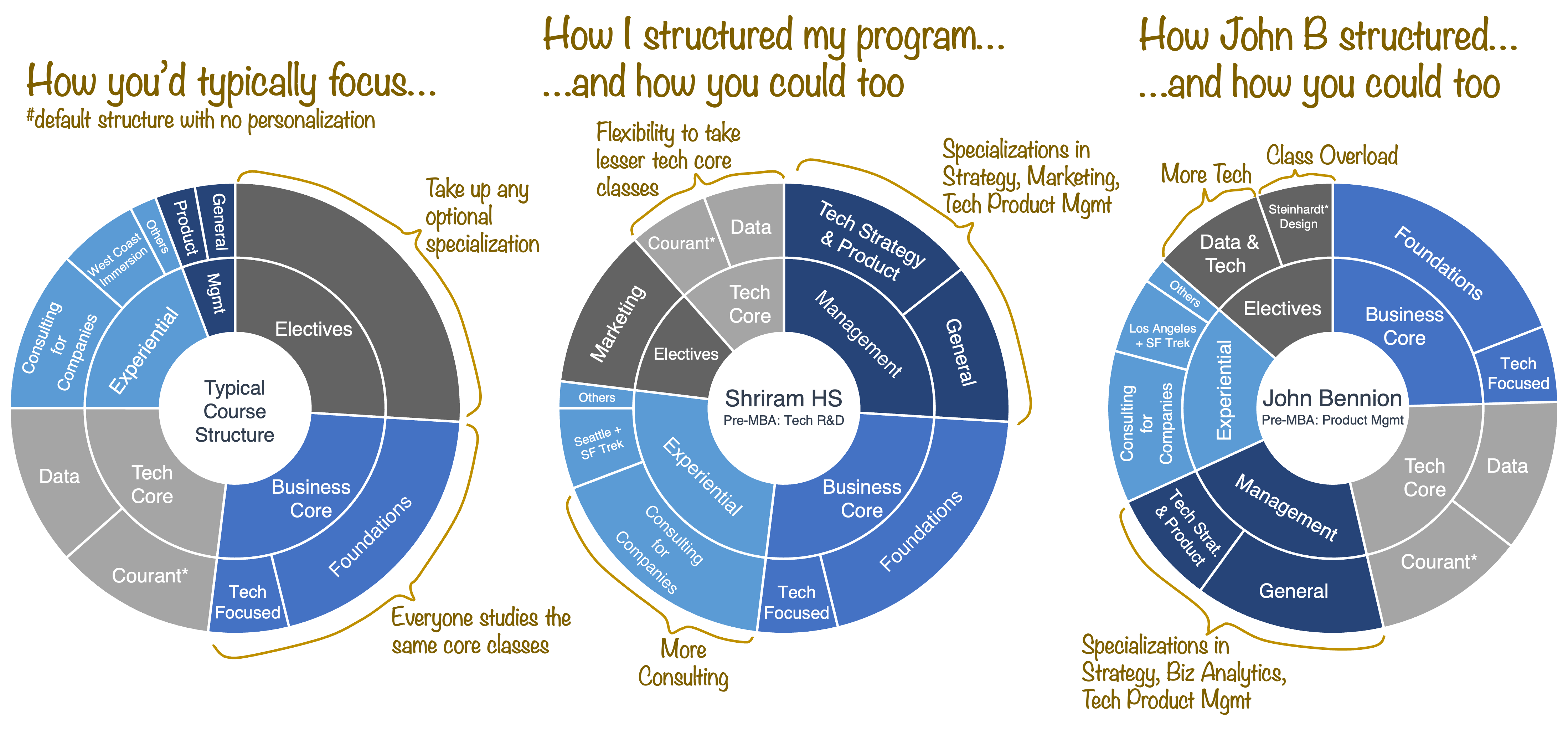Author: Neha is currently pursuing her Tech MBA at NYU Stern School of Business, specializing in Tech Product Management. Prior to Stern, she worked in the financial technology sector, spending three years at Wells Fargo as a Software Engineer in the Corporate Risk Vertical. Neha is now exploring the dynamic interplay of technology, product development, and business strategy. Her commitment to sustainability has found expression in her work with Tao Climate, which has been one of her most rewarding experiences. This collaboration culminated in a presentation at Google’s New York office, where she showcased innovative strategies for aviation decarbonization. At Stern, Neha is involved with the Stern Technology Association, Asian Business Society, and she is also the AVP of Allyship for Stern Women in Business. When she’s not immersed in the world of tech and business, you’ll find Neha indulging in her love for learning new languages, expanding her already impressive linguistic repertoire that includes fluent Spanish and native Telugu. She’s also an avid traveler, concert-goer, and food enthusiast, always eager to try new cuisines and explore different cultures.
At NYU Stern, learning stretches beyond the classroom into New York City where students are readily able to gain hands-on experiences in business. Stern Solutions experiential learning projects and courses pair students with corporate partners to help solve real-world challenges with the guidance of Stern faculty.
This fall, one such MBA project involved Tao Climate, which is leading the development of real-time, effective carbon removal solutions that decarbonise aviation and set a new standard for sustainability. Learn more about the Stern Solutions Tao Climate project from Neha Medikayala, NYU Stern Andre Koo Technology & Entrepreneurship MBA ’25.
What motivated you to take part in this Stern Solutions experiential learning project?
I was motivated to join the Stern Solutions experiential learning project because I wanted to apply my technical background in a real-world setting, particularly in the sustainability space. As someone passionate about sustainable business practices and technology, the opportunity to work with Tao Climate, a company at the forefront of climate tech innovation, was incredibly appealing. I saw this as a chance to not only deepen my understanding of carbon markets but also contribute meaningfully to a project that aligns with my career aspirations in tech product management and sustainability.
Tell us a bit about the real-world challenge you are working on as part of the project.
The project I’m working on with Tao Climate focuses on developing a scalable pricing strategy for Hemp Carbon Removal Credits. The challenge lies in balancing economic viability for both hemp growers and buyers while ensuring that the carbon removal impact is meaningful and measurable. This involves analyzing market trends, regulatory considerations, and production costs to create a pricing model that incentivizes sustainable practices while remaining competitive in the voluntary carbon market.
What was it like to work with your Tao Climate clients?
Working with Gary Byrnes and Felix Roick, the Co-Founders of Tao Climate, has been an incredibly inspiring experience! Their deep commitment to addressing climate change through innovative technology solutions is truly motivating, and their openness to collaboration has allowed me to apply my analytical skills while learning from their expertise in climate tech.
Additionally, I have to give a huge shoutout to my teammates — Nivedithaa Venkatanarayanasami, Helen Nguon, and Satyam Chauhan — who have been amazing team players throughout this project. Their diverse skill sets and dedication have been instrumental in our collective success, and I’m grateful for the opportunity to work alongside such talented individuals. Together, we’ve been able to tackle complex challenges and make meaningful progress toward our project goals.
What has it been like to work with Professor Cristiano Zazzara throughout the project?
The faculty support throughout this project has been truly invaluable. Our professor, Cristiano Zazzara, provided us with clear and insightful guidance on how to approach complex challenges like carbon pricing and market analysis. He consistently encouraged us to think critically about sustainable business practices, helping us bridge theoretical concepts with real-world applications. Professor Zazzara was always available for feedback, ensuring that we stayed aligned with both academic objectives and the practical demands of our project.
Additionally, our team is incredibly grateful for the support from the NYU Stern Office of Learning Innovation team, particularly Sarah Ryan and Taneya Waithe. Their assistance was instrumental in keeping us on track and providing the resources we needed to succeed in this project.
Was there an “Only in New York” moment that stood out to you as part of the course?
Definitely! Attending the XPRIZE/New York Stock Exchange Closing Bell event during Climate Week NYC was an unforgettable “Only in New York” moment. Tao Climate was invited to the event after being selected as one of the World’s Top 100 Most Promising Carbon Removal Companies, and I was able to attend as part of the project.
Being surrounded by global leaders in climate innovation on Wall Street, witnessing South African President Cyril Ramaphosa ring the closing bell — it was surreal. The energy in the room was electric, and it reinforced how New York City is truly a hub for groundbreaking initiatives at the intersection of finance, technology, and sustainability.

How has this experience prepared you for the next step in your career?
This experience has significantly enhanced my ability to apply data-driven decision-making within sustainability-focused projects. By working on a real-world challenge like developing a pricing strategy for Hemp Carbon Removal Credits, I’ve gained deeper insights into both product strategy and market analysis within the green tech sector. These skills will be invaluable as I pursue a career in tech product management with a focus on sustainability, helping me navigate complex challenges while driving innovation.
What do you want candidates who are considering Stern to know about experiential learning?
Experiential learning at Stern is truly transformative. It’s one thing to learn concepts in class, but applying them in real-world scenarios takes your understanding—and your skills—to another level. You get hands-on experience solving actual business challenges while working alongside industry leaders, which prepares you far better for your future career than traditional coursework alone could ever do. If you’re looking for an opportunity to make a tangible impact while learning from some of the best minds in business, Stern’s experiential learning programs are where you need to be!
Check out the full Stern Solutions Faces of Change post here.
